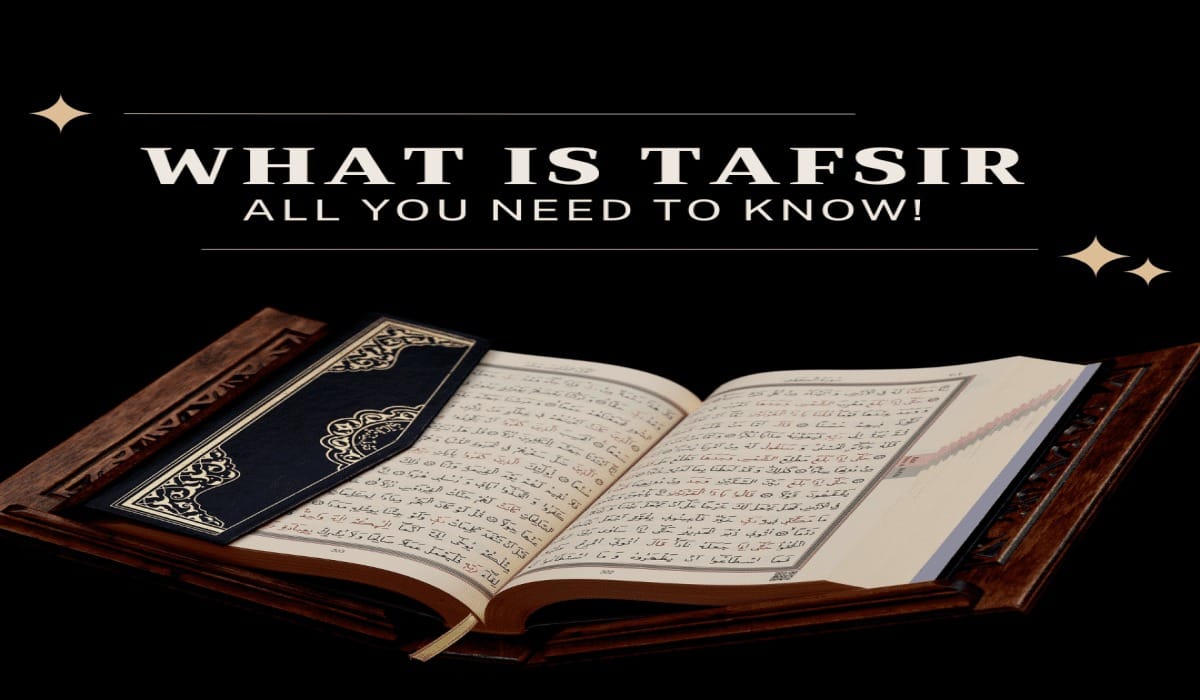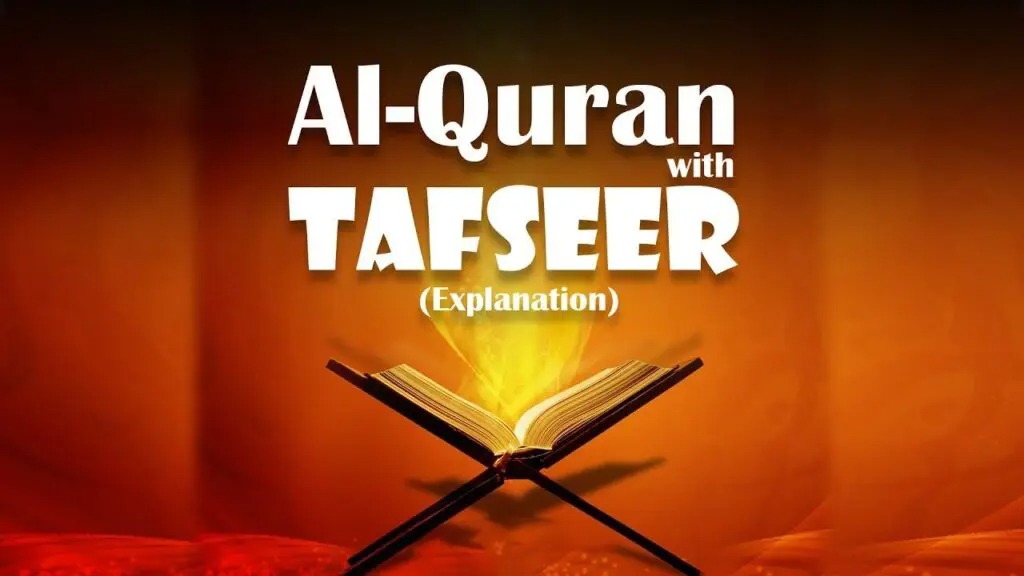What Are the Different Approaches to Tafseer ul Quran?
The Quran, the holy book of Islam, holds immense significance for Muslims worldwide. It serves as a spiritual guide, a source of law, and a moral compass. But have you ever wondered how scholars and believers decipher the depths of its wisdom? This exploration, called Tafseer ul Quran (interpretation of the Quran), is both an art and a science.
In this article, we’ll uncover the various approaches to Tafseer ul Quran, making it easy to understand even for those without prior knowledge. Let’s embark on this enlightening journey!
Table of Contents
ToggleIntroduction to Tafseer ul Quran
Have you ever opened a book and realized there’s more to it than meets the eye? That’s exactly how the Quran works. Tafseer helps decode the meanings, providing context and explanations. It’s like having a detailed guide to unlock hidden treasures within the holy text.

Why Is Tafseer Important?
The Quran isn’t just a collection of verses; it’s a complete way of life. But understanding its profound lessons can be challenging without interpretation. Tafseer bridges the gap, ensuring that readers grasp the intended meanings and avoid misinterpretations. Without it, important messages could remain concealed or misunderstood.
Historical Development of Tafseer
The art of Tafseer dates back to Prophet Muhammad (PBUH), who explained verses to his companions. After his passing, early Islamic scholars expanded on this foundation, creating a structured approach. Over time, diverse methodologies emerged, reflecting the cultural, linguistic, and intellectual environments of various eras.
Different Types of Tafseer
Tafseer isn’t a one-size-fits-all approach. Scholars have developed various methodologies to suit different needs. Let’s dive into the most prominent ones.
Tafseer bil-Ma’thur (Narrative Interpretation)
This approach relies heavily on narrations from the Prophet Muhammad (PBUH) and his companions. It’s like piecing together a puzzle using the original clues. By adhering strictly to authentic sources, it ensures reliability but can be limited in scope for addressing modern issues.
Tafseer bil-Ra’y (Reasoned Interpretation)
Here, reason and intellect play a crucial role. Scholars use logic and analogy to interpret verses, especially when direct narrations are unavailable. Think of it as using a flashlight to explore a dark cave – it helps illuminate paths that aren’t immediately visible.
Tafseer Ishari (Mystical Interpretation)
Have you ever felt that words carry hidden layers of meaning? Tafseer Ishari delves into the spiritual and mystical dimensions of the Quran. It’s often associated with Sufi scholars and focuses on personal and esoteric insights. While captivating, it requires caution to avoid subjective interpretations.
Tafseer by Subject (Thematic Approach)
This method organizes Quranic verses by themes, such as justice, mercy, or prayer. Imagine categorizing pieces of a library based on topics – it makes understanding the Quran more accessible for specific inquiries. It’s especially helpful for researchers or anyone exploring a particular aspect of the Quran.
Linguistic Tafseer
Language is the backbone of understanding the Quran. This approach analyzes grammar, syntax, and vocabulary, revealing nuances that could otherwise go unnoticed. It’s like dissecting a poem to appreciate its beauty fully. Linguistic Tafseer is vital for appreciating the eloquence of Quranic Arabic.
Scientific Tafseer
Can science and spirituality coexist? Absolutely! Scientific Tafseer connects Quranic verses to modern scientific discoveries, showcasing the Quran’s timeless relevance. While this approach inspires awe, it’s essential to avoid stretching interpretations to fit unproven theories.
Modern Tafseer
In today’s fast-paced world, modern Tafseer addresses contemporary challenges such as technology, globalization, and societal changes. By contextualizing Quranic teachings, it ensures they remain applicable and relatable. This approach is like updating an old map to navigate new terrains.
Challenges in Understanding Tafseer
Interpreting the Quran isn’t without challenges. Language barriers, cultural biases, and varying schools of thought can complicate matters. Furthermore, distinguishing authentic interpretations from personal opinions requires discernment and scholarly rigor.
Role of Tafseer Today
Tafseer continues to be a cornerstone of Islamic scholarship and practice. It guides individuals and communities, fostering a deeper connection with their faith. From academic institutions to informal study circles, Tafseer remains a living tradition.
How Can We Approach Tafseer?
So, how can you start your Tafseer journey? Here are a few tips:
- Choose Reliable Sources: Stick to trusted scholars and authentic interpretations.
- Understand the Context: Learn the historical and cultural backdrop of the verses.
- Seek Guidance: Join study groups or consult knowledgeable individuals.
- Be Patient: Tafseer is a lifelong journey, not a sprint.
Conclusion
Tafseer ul Quran is a multifaceted and dynamic process that ensures the Quran’s teachings are understood and applied correctly. From traditional narrative methods to modern interpretations, it bridges the gap between ancient wisdom and contemporary life. Whether you’re a seasoned scholar or a curious seeker, exploring Tafseer opens the door to a deeper appreciation of the Quran.
FAQs
1. What is the primary purpose of Tafseer ul Quran?
The main goal of Tafseer is to explain and interpret Quranic verses, ensuring accurate understanding and application of its teachings.
2. How does Tafseer bil-Ma’thur differ from Tafseer bil-Ra’y?
Tafseer bil-Ma’thur relies on authentic narrations, while Tafseer bil-Ra’y incorporates reasoning and intellect to interpret verses.
3. Can non-Arabic speakers study Tafseer?
Absolutely! Many translations and commentaries are available, making Tafseer accessible to people of all linguistic backgrounds.
4. What are the risks of subjective interpretation in Tafseer?
Subjective interpretations can lead to misunderstandings or deviations from the Quran’s intended meanings, emphasizing the need for scholarly guidance.
5. How is Tafseer relevant in the modern world?
Modern Tafseer contextualizes Quranic teachings, addressing contemporary issues like technology, ethics, and social dynamics, ensuring timeless relevance.
Half Week Free Trial Classes
Upon completion of your course, you will receive a complimentary certificate. What are you waiting for, then?
Enroll in our class now for a free trial.
Read More: What is Tafseer ul Quran and Why is it Important?



